10 Things Skin Care Pros Share About Teenage Acne
The most crucial phase of life is the teenage period. Teenagers begin to experience emotional and physical changes in their life that mark the onset of puberty. The most common and dreaded change related to the physical appearance is acne. Some teenagers are more prone to it than others, and it depends on the skin type and hormonal fluctuations. Managing this issue is a long process and requires a great deal of tolerance and patience.
More And More Teenagers Are Suffering From Acne
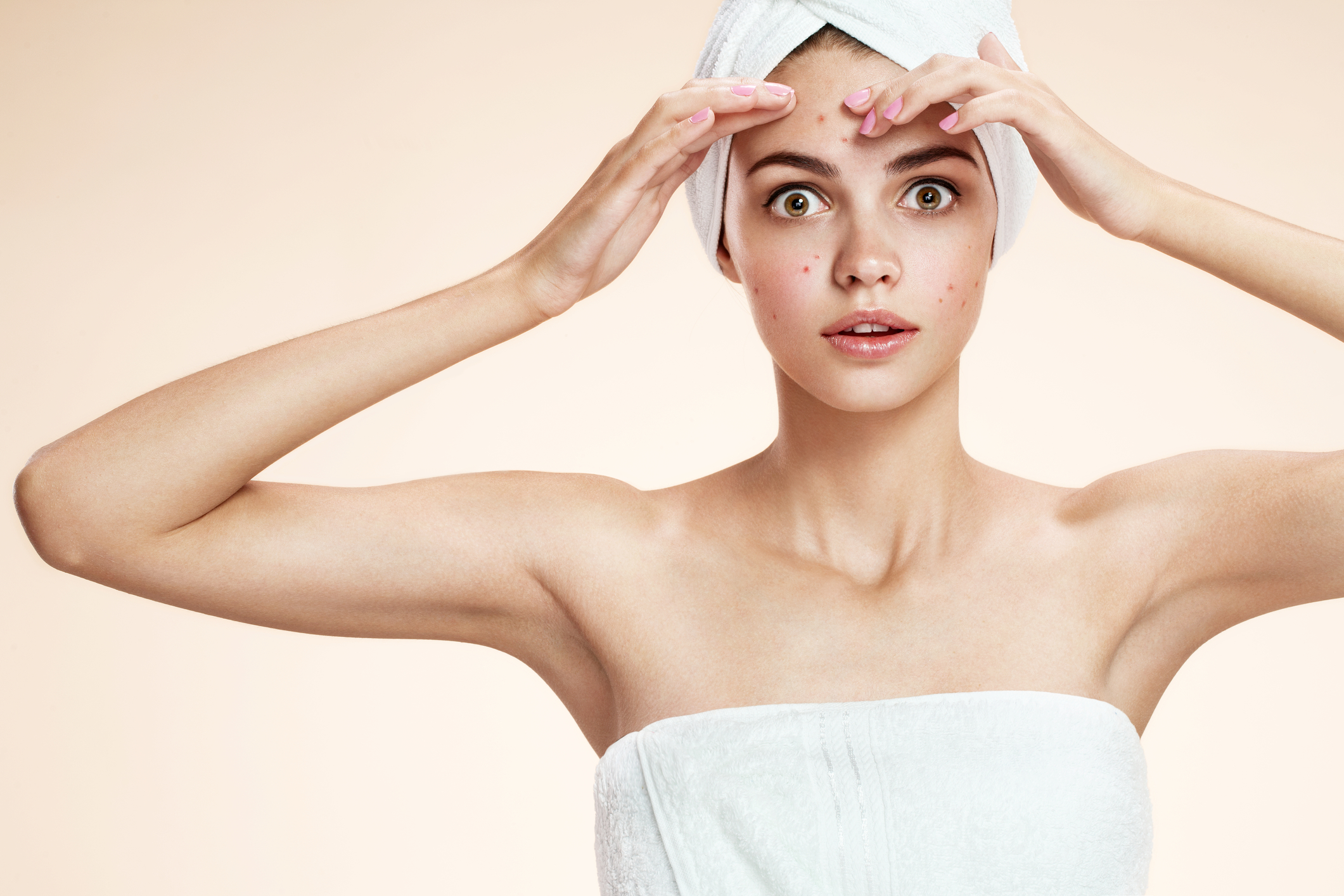
Environmental changes and dietary preferences are few of the causes that result in acne. Teenage girls usually encounter acne during menstruation which is perfectly normal. A lot of teenagers let this problem overcome their confidence which lowers their self-esteem. Knowing how to deal with this issue and seeking support from parents or skin care specialists will help in overcoming the problem and make the whole process of dealing with and treating acne much easier. Acne has become common among adolescents entering their teenage years. There are many treatments and precautions that canbe considered to eliminate this problem, and one thing to keep in mind is the skin type.
Hidden Causes Behind Acne Formation
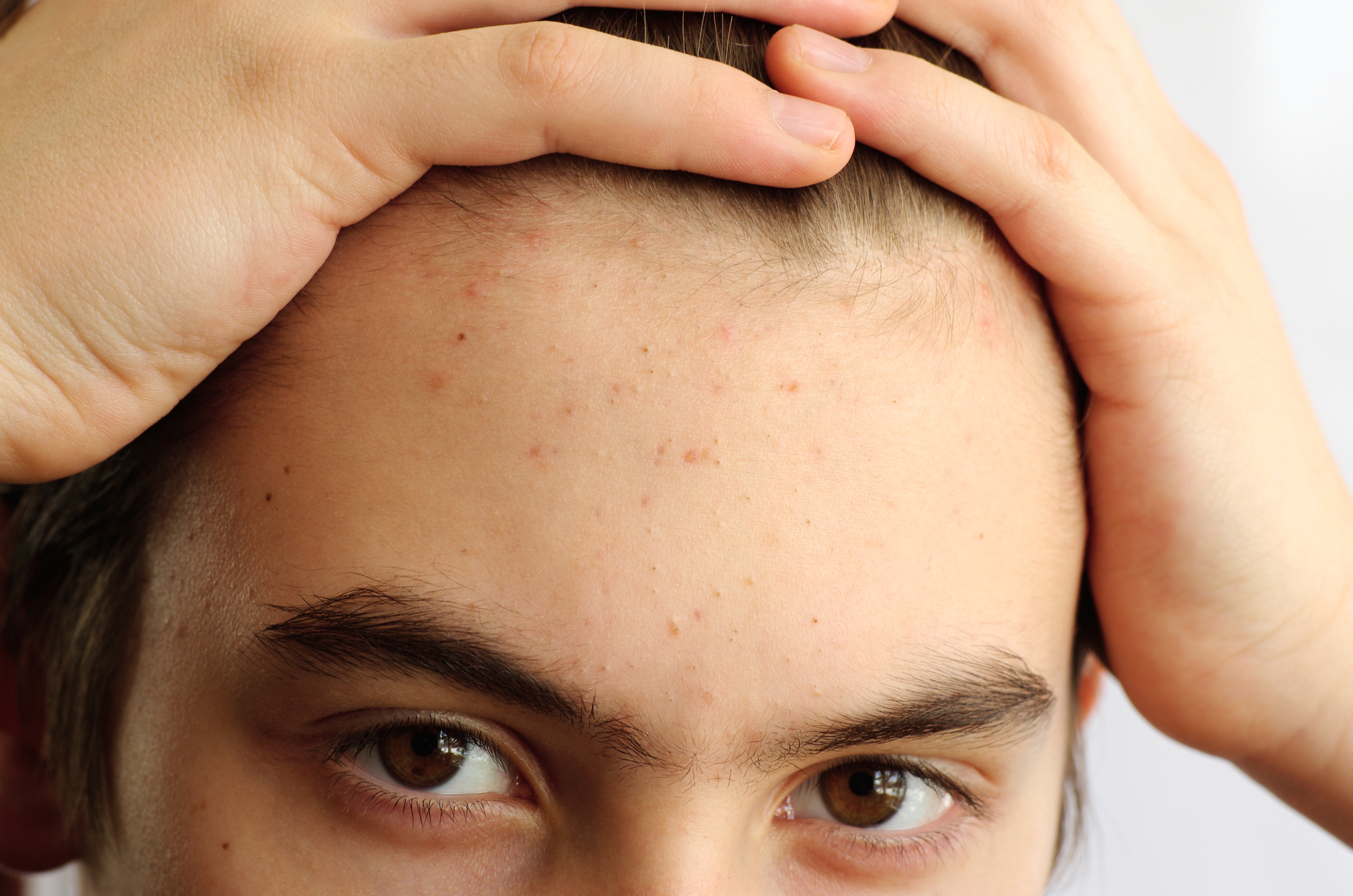
A lot of research has been conducted regarding the causes of acne from which the following key findings are determined: hormonal fluctuations usually occur during puberty in teenagers, and all the hyperactivity among these hormones results in acne breakouts. As a teenage body grows, the skin matures gradually with it but, due to the excess production of sebum (oily matter that lubricates the skin), teenage skin can not keep up with the process as it is maturing and causes acne. Consumption of processed food such as donuts, ice-creams, cakes can lead to acne breakouts as it contains tons of sugar and trans-fat that causes inflammation if excessively consumed. Ineffective cleansing methods used on teenage skins will only make the matter worse.
Types Of Acne
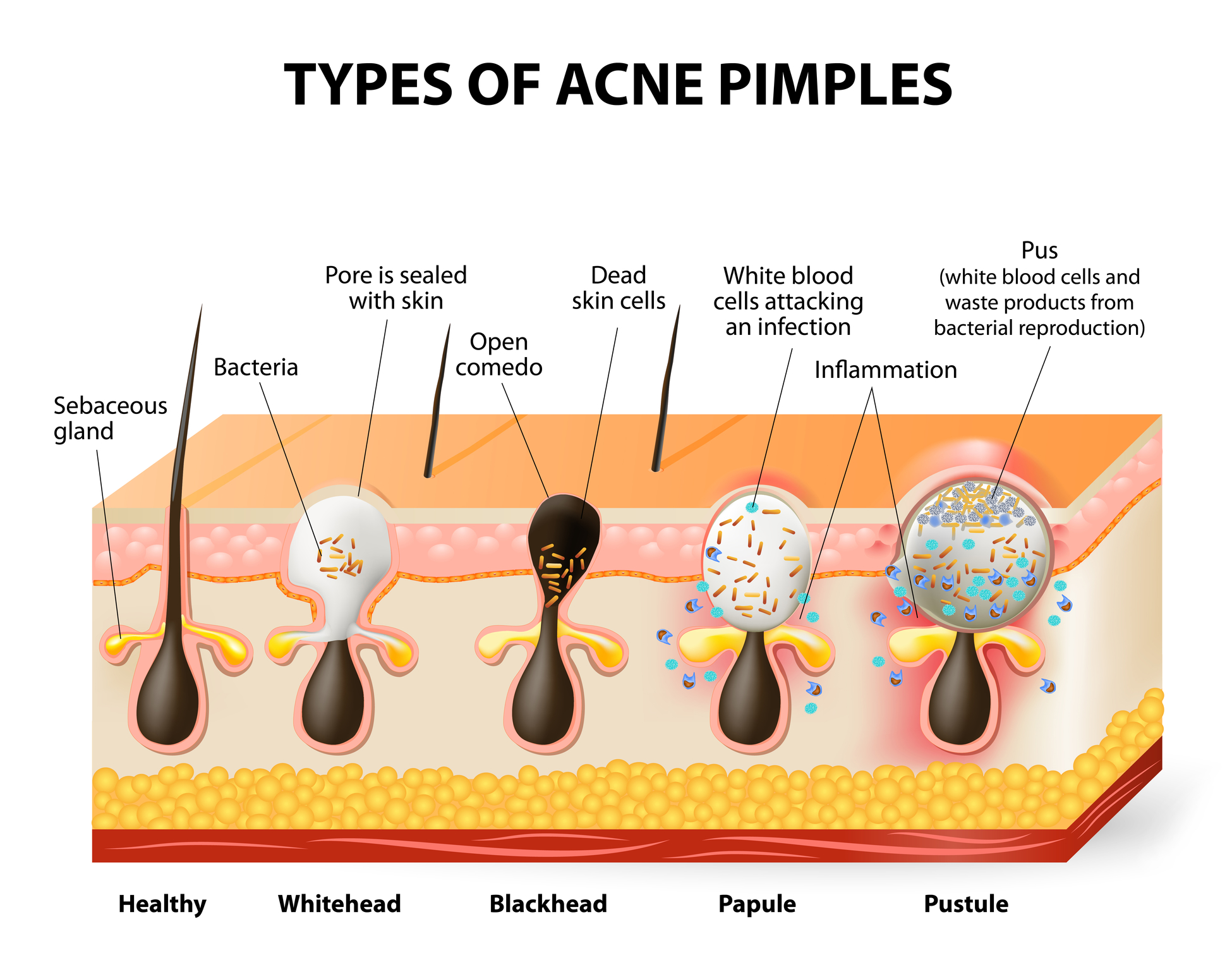
Acne can take different forms. Whiteheads appear when skin pores are clogged due to excess sebum and dead skin cells. Blackheads appear to be like black dots and are open due to oxidization of the debris inside the pores. Papules are another form which comes after whiteheads and starts to appear when the sebum and bacteria have caused inflammation under the skin resulting in redness and swelling. Pustules have pus, so it looks somewhat similar to papules. Cystic acne is a more severe form where clogging with sebum and dead skin cells go deep down into the skin and become an infection creating a bump filled with pus.
Adapting And Implementing Healthy Skin Habits
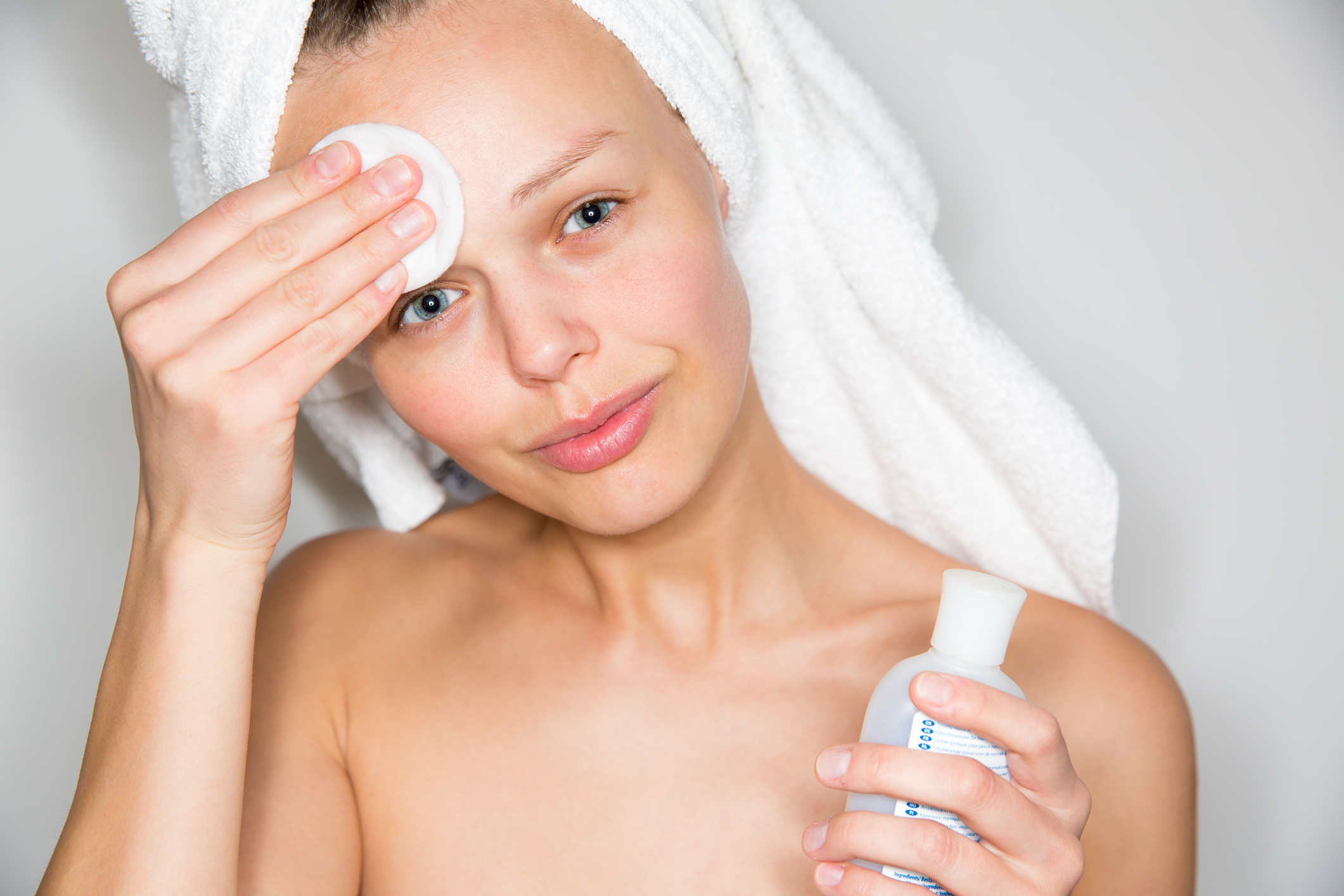
The secret is in implementing healthy skin habits. The most common positive treatment is washing your face right after waking up and usually before going to bed. Washing your face twice a day cleanses dirt and impurities that could otherwise lead to acne. Applying sunscreen is a must before going out in the sun, and for acne-prone skin, oil-free sunscreen is recommended. Without sunscreen, skin becomes oily due to Sun's UV rays which dries the skin and in turn, the skin produces more oil which means even more acne. Drink plenty of water as water is a natural cleanser which flushes out the toxins inside the body. Do not pop a pimple as the bacteria will spread into other pores and lead to more pimples
Get Enough Sleep
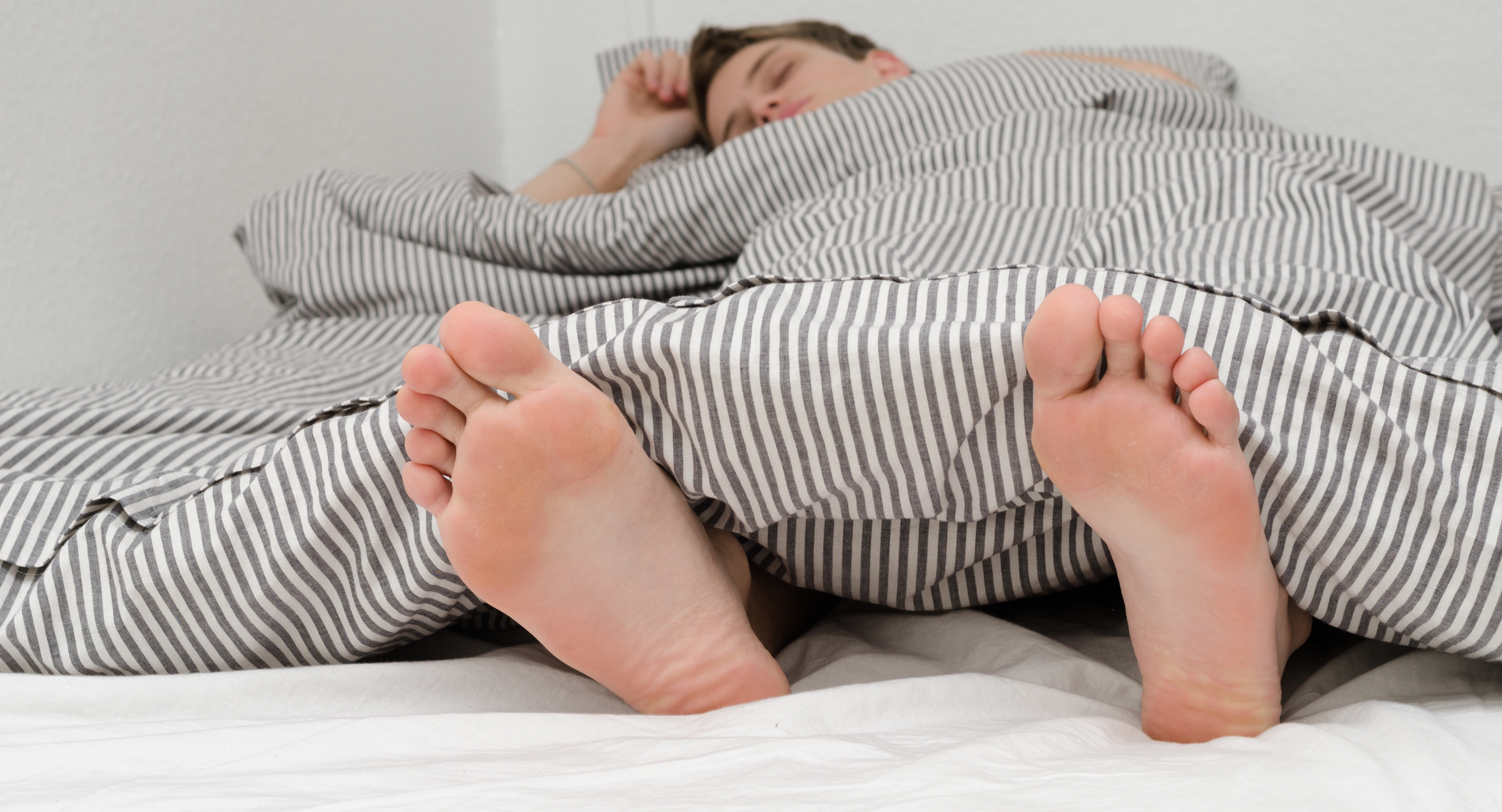
Teenagers in this era are incredibly attached to technology which is one of the reasons why they are not getting enough sleep. Sleep deprivation leads to acne as it causes the skin to secrete more sebum which in turn causes acne. It is critical to get the right amount of sleep to cure acne or prevent it. Adequate sleep should not be taken lightly as it is by most of the teenagers. During sleep, the body rejuvenates, charges itself and new cells form which enables an individual to wake up feeling fresh and well-rested. Skin naturally looks healthier and clear after a good night sleep. Acne scars start to disappear as dead skin cells shed during the sleep phase.
Diet Affects Acne
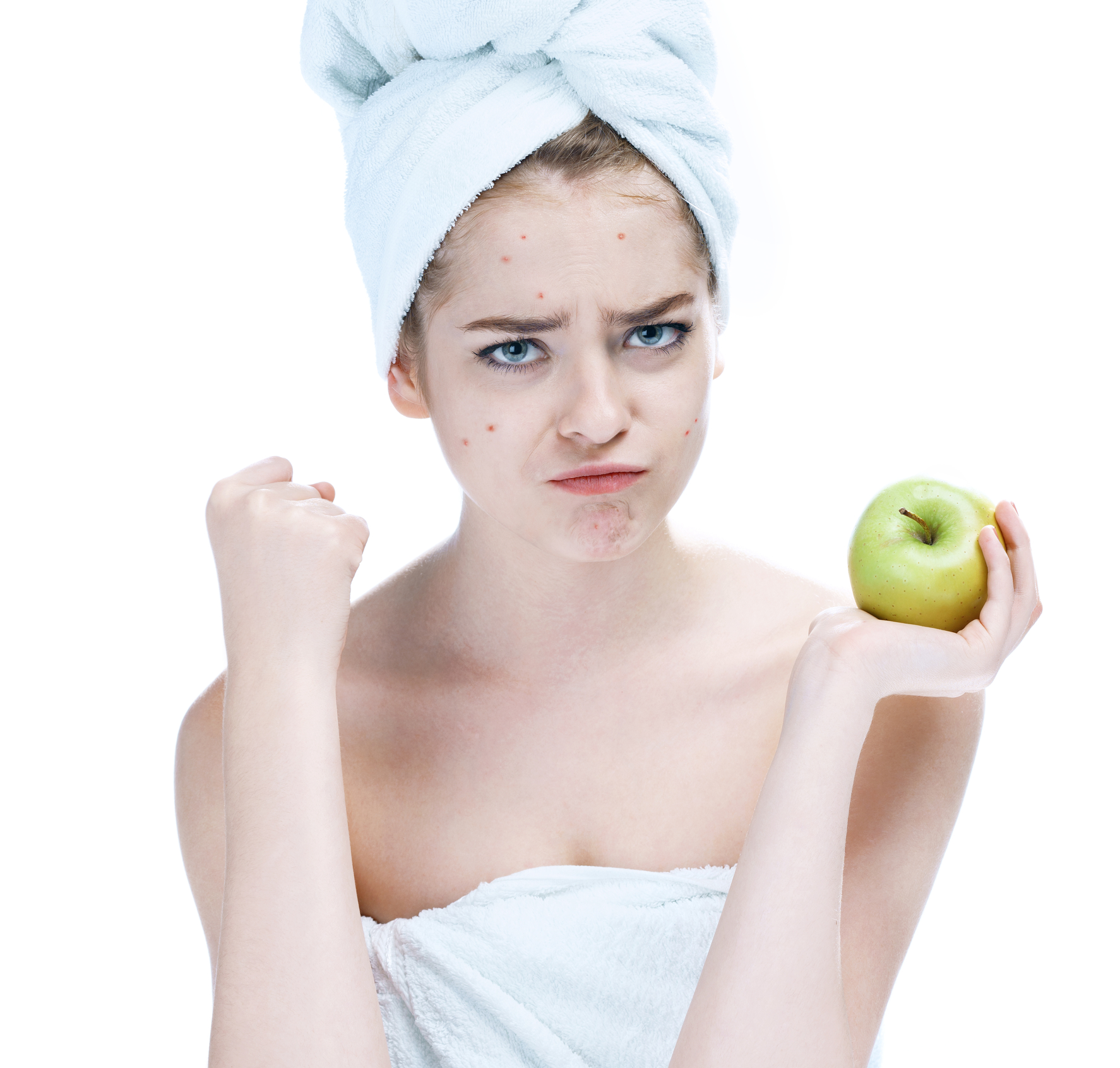
Diet affects acne breakouts in teenagers both positively and negatively. Foods that trigger insulin levels in the blood such as pasta, white bread, and white rice cause the oil glands in the skin to produce more oil thus, causing acne. Apart from this, there are foods that are proven to be beneficial for the skin such as whole grains, legumes, unprocessed fruits, and vegetables, all of which contain complex carbohydrates that help in preventing acne development. Everyone's body is different so the same dietary recommendation cannot be applied to everyone. Food that is healthier for one can be the cause for acne development for others. It is better to consult a dietary practitioner to get a dietary guideline appropriate for each individual.
Natural Exfoliation And Moisturizing Works
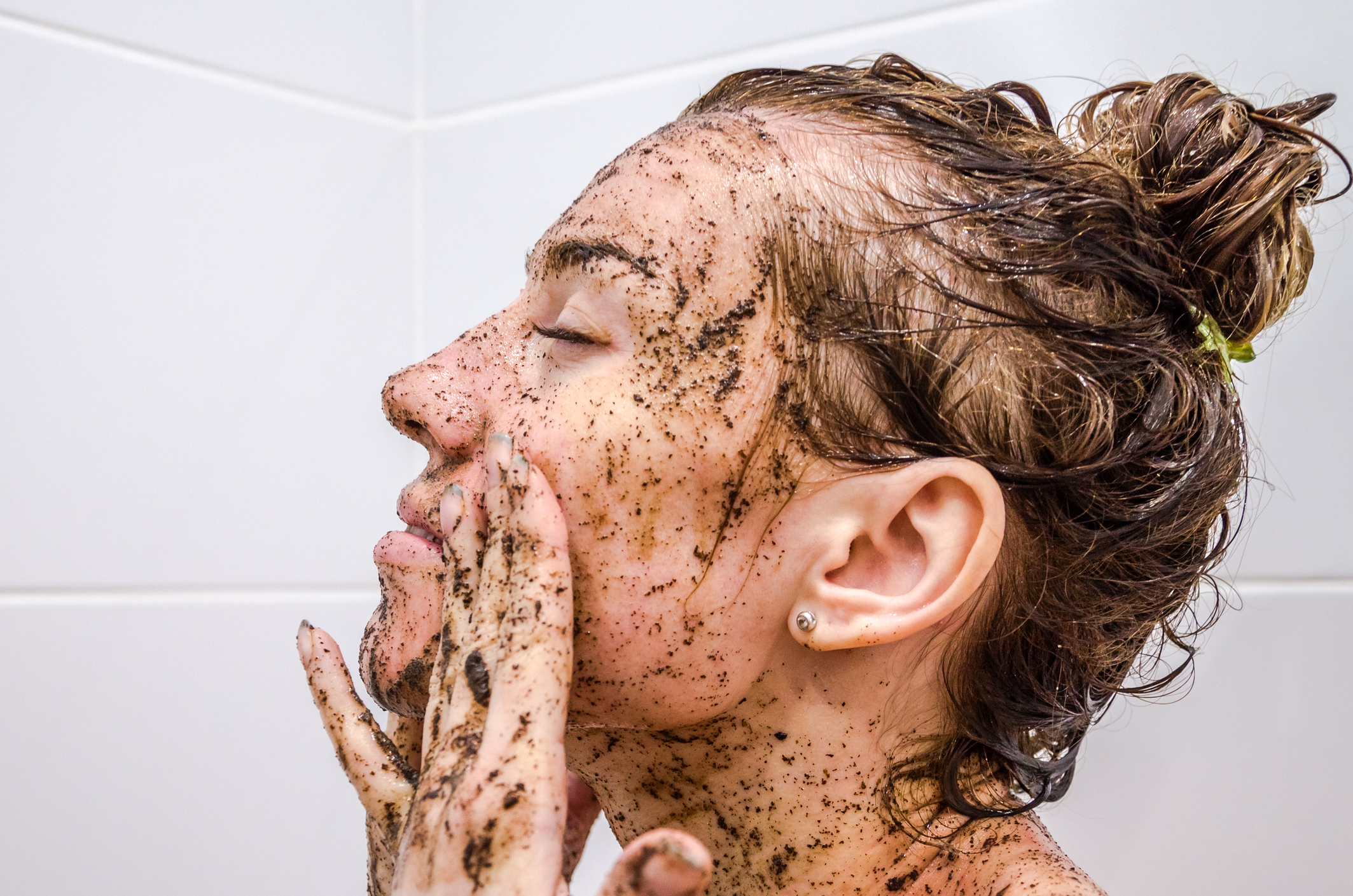
Exfoliation helps in removing impurities and buildup that clog pores. It should be done regularly to see the results. Natural exfoliators are pure and gentle on the skin which is why it is recommended strongly for acne prone skin. Brown sugar and ground oatmeal
are a few good options as exfoliators. Acne-prone skin should also be moisturized as it prevents the skin from producing more oil. If not moisturized, skin starts to produce more oil and oily skin means more acne. Coconut oil and olive oil are good natural moisturizers and act as sunscreens protecting against the ultraviolet rays. Most teenage skins are sensitive, therefore, it is better to go for natural products than buying expensive beauty products that are harsh on the skin due to chemical substances.
Genetics And Acne
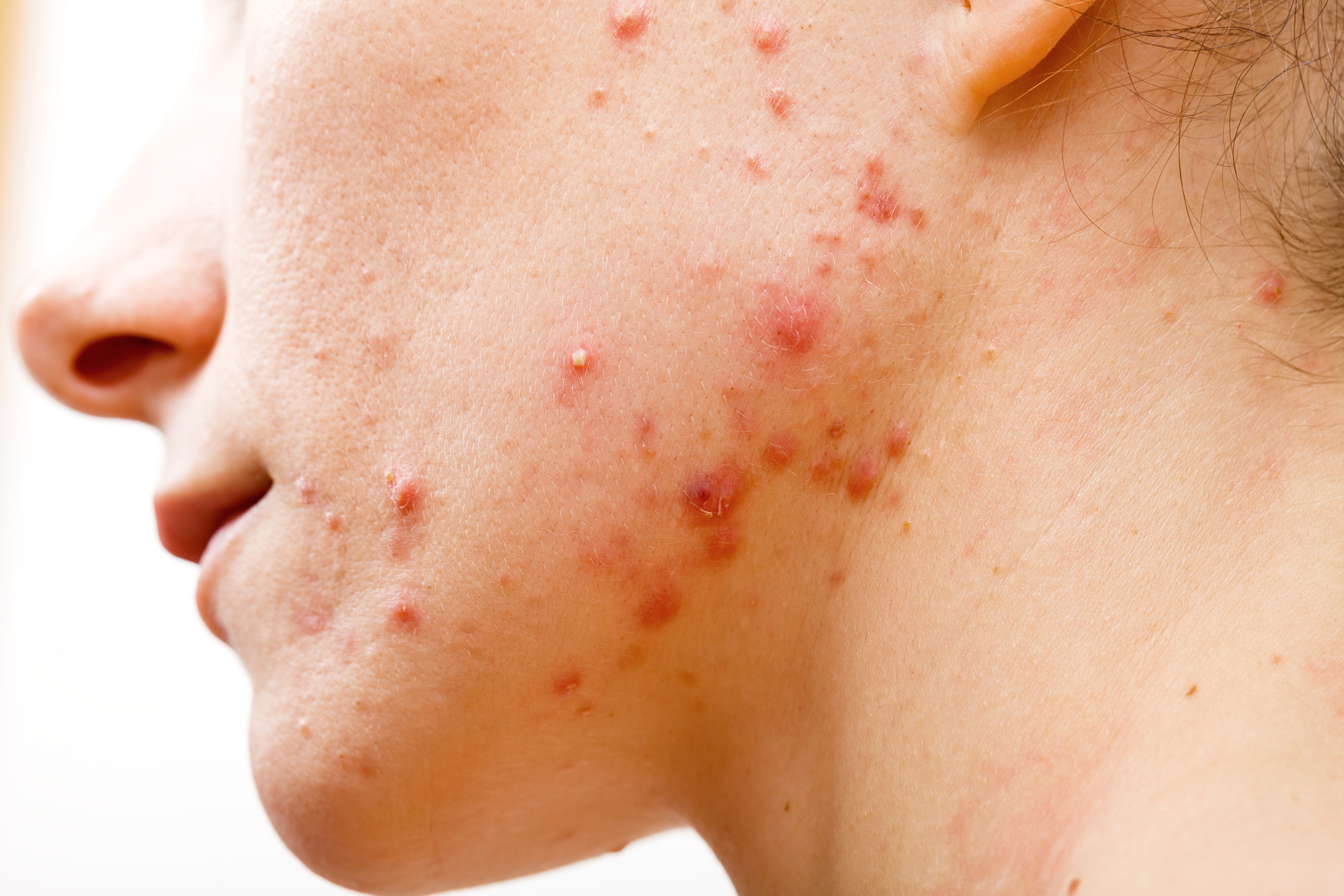
Genes play an important role in the development of acne. If one has a genetic background in acne, it is likely that it will be passed on to the upcoming generation. Genes determine skin's sensitivity to hormones and other environmental factors. They change the structure and texture of the skin that determines skin's sensitivity. Damage caused by acne genes can be made less severe. Using Green tea regularly can block androgen receptors (androgen plays a key role in reproductive activities) which reduce the effect of androgen hormones, therefore, reducing acne to some extent. Caffeine intake can diminish inflammation caused by androgen hormones on acne-prone skin.
Makeup Worsens Acne
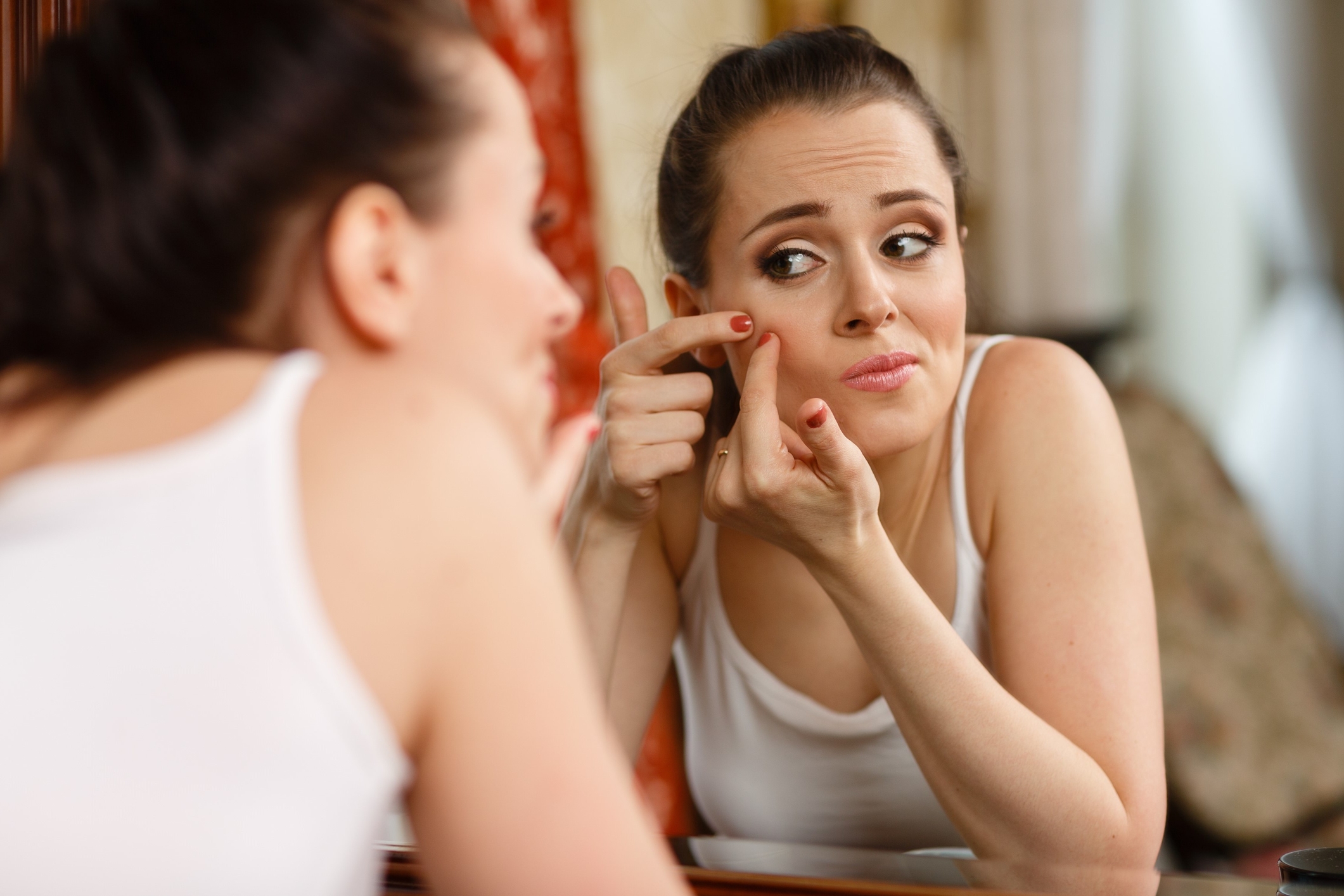
Teenagers nowadays are fascinated by glamor and beauty. Makeup is believed to enhance one'sbeauty, and for some it boosts confidence. However, it can come with side-effects such as acne. It worsens blackheads, whiteheads, and pimples by clogging skin pores. If the skin does not show excessive damage due to makeup, then noncomedogenic makeup products should be used which reduces the clogging and buildup of oil and bacteria. It is best to be aware of the ingredients in a product that can cause acne or worsen it. Fragrances can cause irritation and allergies so 'fragrance-free' and 'hypoallergenic' products should be used. Benzoyl peroxide is a chemical substance in acne treatment products which kills bacteria, and salicylic acid unclogs pores.
Stress, Sweat, And Acne

Stress in teenage years is often caused by changing hormones. Some people sweat due to stress, and the sweat has salt, fatty materials, and waste. The salt worsens the condition of clogged pores in the skin which leads to acne breakouts. Meanwhile, the heat produced due to sweating can cause bacteria to multiply which makes acne visible. To prevent acne due to sweating, showering is very important as it reduces the clogging. Washing the face with clear water is also a good option to clear the impurities from the skin. If acne becomes a serious issue due to stress, then it is highly recommended to see a doctor.
